Your Child Will Learn
About Indigenous cultures in your community
Here’s What to Do
- Identify an Indigenous cultural site or museum where you live. If you don’t know of any, try searching “Native American heritage sites + [your city]” on the Internet. Choose one to visit.
- When you visit a heritage site or museum, help your child understand more about what they’re seeing. Read informational signs for your child.
- Explain the name of the tribe(s) for whom the site or object is important, and (if possible) why it is important to that tribe.
- (Optional) Continue the learning when you get home. Ask a librarian for help finding picture books about your local Indigenous communities, or search on the Internet for more fun facts to share with your child.
Put PEER Into Action
PAUSE
- When you arrive at the site, pause and ask if your child has their “listening ears” ready.
ENGAGE
- “This is an important place for the Paiute people. The Paiute were the first people to live here, and have been living in this area for a long, long time.”
- “The sign says that this street used to be a Lenape trail that connected different Lenape villages to another. When colonists arrived here from Europe, they used this trail and eventually turned it into a street.”
ENCOURAGE
- If your child is curious to learn more about your local Indigenous community, help them research their questions in the library or on the Internet.
- Talking about history and the past can be confusing for young children. If you’re able to show them pictures or artifacts, it can help the past feel more real.
REFLECT
- “What did you learn today?”
Not Quite Ready
Try checking out picture books about Indigenous communities from your library, and read them together.
Ready for More
See if there are any Indigenous community events or performances in your area, and attend together.
As Your Child Masters This Skill
They will know more about the history of where they live
Time to Complete
Variable
Materials Needed
(Optional) picture books from the library about local Indigenous communities
